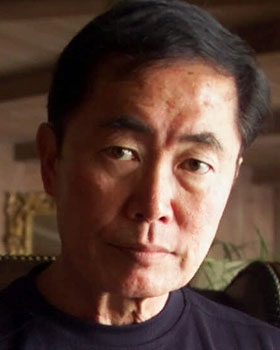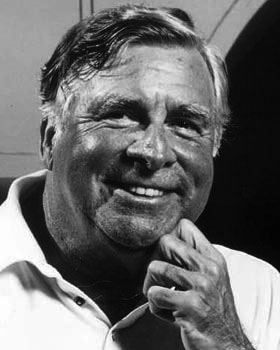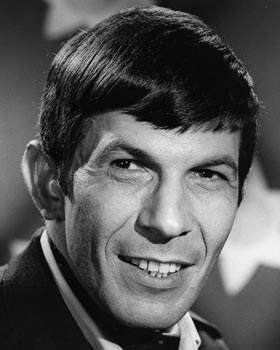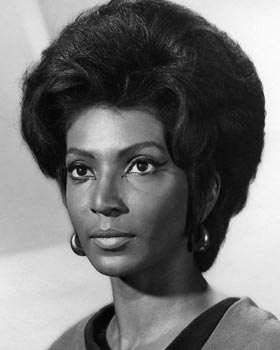George Takei
As Lt. Hikaru Sulu, helmsman of the U.S.S. Enterprise in the original "Star Trek" television series, George Takei boldly went where few actors had gone before. First, he was one of the pioneering Asians in American television. Later on, he also became one of TV's earliest champions of gay rights.
A Japanese-American who was confined to an internment camp during World War II, Takei started out in Hollywood at a time when Asian faces were rarely seen on television or in movies. He broke through barriers with alacrity, making one of his initial TV appearances on the Emmy Award-winning series "Playhouse 90." Takei also landed roles in a succession of movies, including "Ice Palace," "Walk Don't Run," and "The Green Berets."
After "Star Trek" creator Gene Roddenberry chose him for the series pilot, Takei became a key member of the multicultural crew, and reprised the role of Sulu in six "Star Trek" feature films. His importance in promoting education about space travel and international cooperation resulted in an asteroid — "7307 Takei" — being named after him. "I am now a heavenly body," he said upon learning of the honor. "I was blown away. It came out of the clear, blue sky — just like an asteroid."
The native of Los Angeles, who was born in 1937, disclosed in 2005 that he is gay, and later married his longtime partner, Brad Altman, while same-sex marriages were legal in California. With his deep baritone voice, Takei has been sought after as a voice actor and serves as the announcer on Howard Stern's satellite radio show.
Related stars
|
|






Share a thought about George Takei